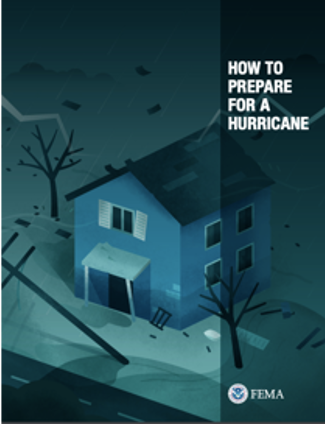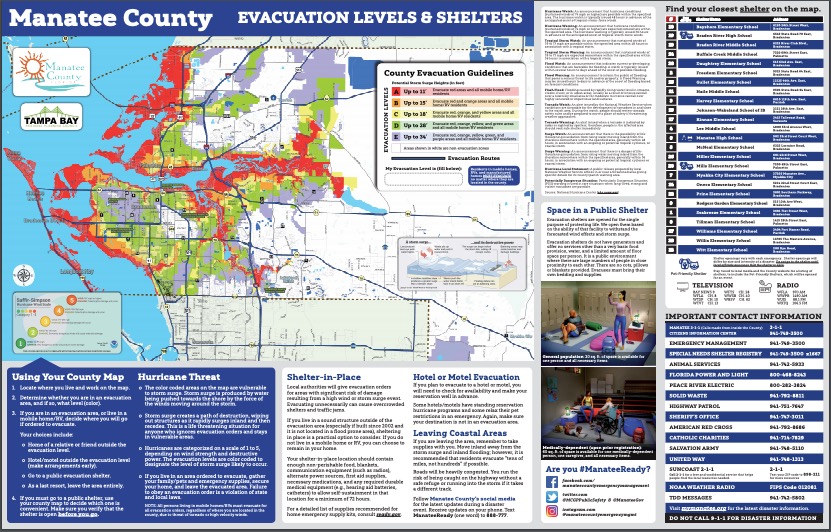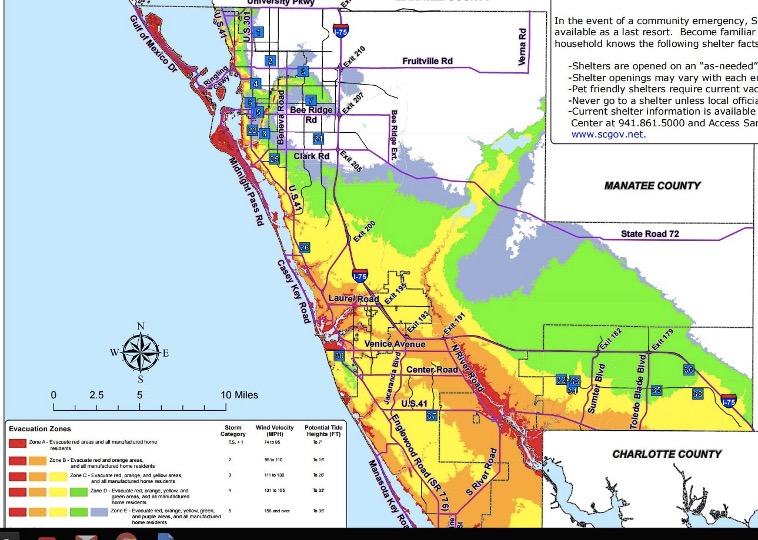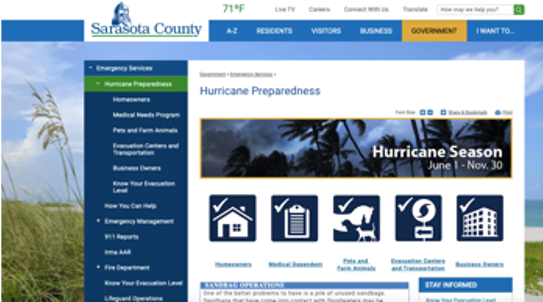Return to Flotilla 8-4's Home Page.
The Hurricane Season
The Atlantic hurricane season runs from June 1 to Nov. 30, with the peak occurring between mid-August and late October. Even with this prediction, people should always prepare for the unexpected, making sure they are ready for the hurricane season.
The Coast Guard recommends you keep the following things in mind for this hurricane season:
For more information on hurricane preparedness visit Ready.gov and NOAA websites, as well as following them on Twitter at Readygov and NOAA.Prepare a kit. Ensure you and your family have a disaster kit ready to go in case of an emergency. For more information on items to include in a kit visit Ready.gov preparedness tips.
Get to know your surroundings. Know the elevation of your house and property. Hurricanes often bring storm surge, which is considered the greatest threat to property and life during any tropical storm. Know your communities’ evacuation routes and how you would evacuate to higher ground. For more information on potential storm surge areas visit NOAA’s storm surge site.
Check the weather. The Coast Guard mobile app for boating safety is a tool to check marine weather from your phone. With the mobile app, you can check the weather at nearby NOAA buoys, which provides wind speed and direction along with wave height. Checking weather anytime you plan to get underway and while throughout your time on the water is highly recommended.
Secure your boats. Review your hurricane plan with your local marina, ensure you have a plan to both bring your boat in and strap it down ashore or ensure it is properly equipped to ride out the storm at the marina.
Listen to local officials. If told to evacuate, do so immediately. You should consider evacuating if you live near bodies of water, a mobile home or high-rise building.
Semper Paratus– The Coast Guard Motto
Semper Paratus is a Latin phrase, meaning "Always Ready". The USCG Auxiliary is the best trained, most valued maritime volunteer organization in the world, highly effective during normal operations and ready for emergencies. In order to achieve that high standard, we understand the importance of training, planning, preparedness and risk management. While seas are calm is the best time to plan and prepare for emergencies, especially hurricanes.
The official hurricane season for the Atlantic Basin (the Atlantic Ocean, the Caribbean Sea, and the Gulf of Mexico) is from 1 June to 30 November. The peak of the season is from mid-August to late October. However, deadly hurricanes can occur anytime in the hurricane season.
FEMA How to Plan for a Hurricane
FEMA offers this guideline document on general hurricane preparedness. This includes:
- Plans for Evacuation
- Family communication plan
- Emergency supplies
- Protecting your property
- Evacuation notices
- Hurricane checklist
- Post clean-up
In addition to the FEMA guide, you will also need to understand information that is unique to Sarasota county This includes:
- Flood Maps
- Evacuation Routes
- Other helpful resources
- National Weather Service
- County Sheriff’s Office
- Florida power and light
- Local radio stations
The national weather service also provides valuable information about how to protect your family in the case of a hurricane
Most communities have a flood zone map and evacuation plan. Below is the 2020 plan for Manatee and Sarasota counties. Know your risk and adjust your plan accordingly.



